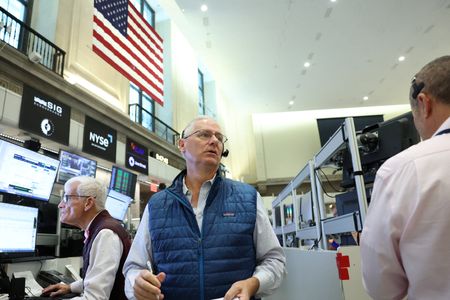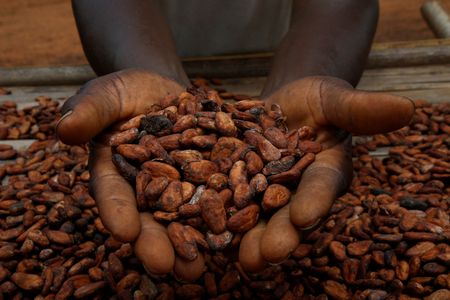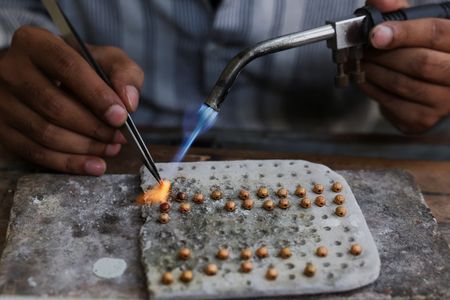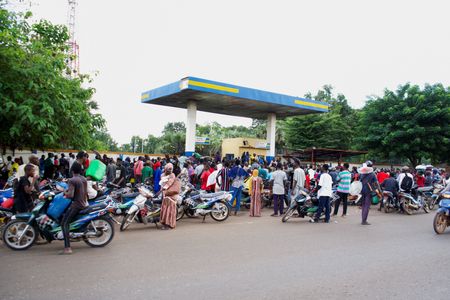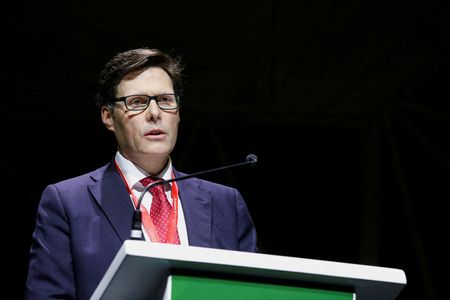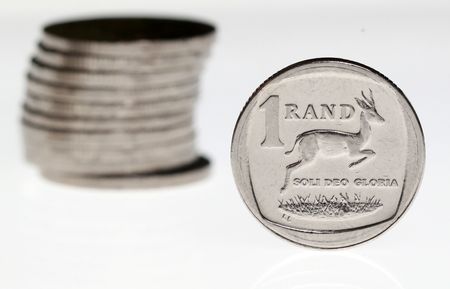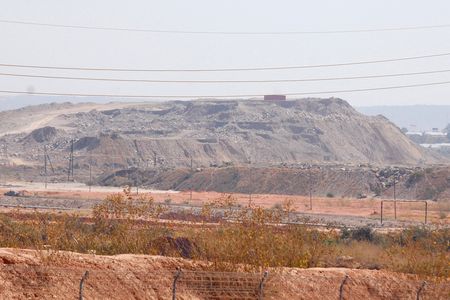By Ange Kasongo, Pratima Desai and Maxwell Akalaare Adombila
(Reuters) -The Democratic Republic of Congo will allocate annual cobalt export quotas based on companies’ production and shipment data for the previous three years, three sources familiar with the matter told Reuters, in a major policy shift intended to curb supply from the world’s top producer.
The quota system, set to take effect on October 16, replaces a months-long export suspension that disrupted supply chains and rattled electric vehicle manufacturers, particularly in leading consumer China.
Congo accounts for over 70% of global cobalt output, making its regulatory decisions critical to the key battery, smartphone and defence systems metals market.
Reuters previously reported that Congo would permanently ban cobalt exporters that violate the new quota system. President Felix Tshisekedi said the export freeze helped drive a 92% rebound in cobalt prices since March, calling the new system a “real lever to influence this strategic market”.
GLENCORE SUPPORTS QUOTA SYSTEM, CMOC OPPOSES IT
Glencore, the world’s second-largest cobalt producer, supports the quota system, while CMOC, the top producer, opposes it.
Cobalt prices on Comex at $19 a lb or $41,890 a metric ton have surged 90% since hitting nine-year lows at $10 a lb in February when the first suspension was announced.
Congo’s central bank expects a surge in cobalt revenue in the final quarter of 2025 and into 2026 boosted by the quota system, its Governor André Wameso said.
“Exports will resume … and this will generate exceptional revenues,” Wameso told Reuters on Wednesday, making up for lossess incurred from the export ban.
A government committee is reviewing historical data of producers to determine quota levels and eligibility, said the first source, who asked not to be named because of the sensitive nature of the issue.
The framework will exclude artisanal miners, the source said, and will not introduce a licensing regime for large producers.
Instead, authorities plan to strengthen controls at laboratories and cobalt loading sites to ensure traceability and prevent evasion, according to the source.
Smaller producers will still be required to apply for export permits and additional licences, a second source said.
The quota system is being developed by a multi-agency committee that includes representatives from the presidency, mining ministry, and the chambers of mines, with the aim of aligning with national policy goals and improving transparency in the sector.
Preparations to roll out the quota system come amid escalating conflict in mineral-rich eastern Congo, where fighting between M23 rebels and the army has killed thousands of people and displaced hundreds of thousands.
A U.S.-backed peace effort faced a new setback when Congo and Rwanda failed to sign an accord known as a Regional Economic Integration Framework, part of a plan to make the two countries’ sectors more attractive to Western investors.
(Additional reporting by Sonia Rolley; Writing by Maxwell Akalaare Adombila; Editing by Ed Osmond)



